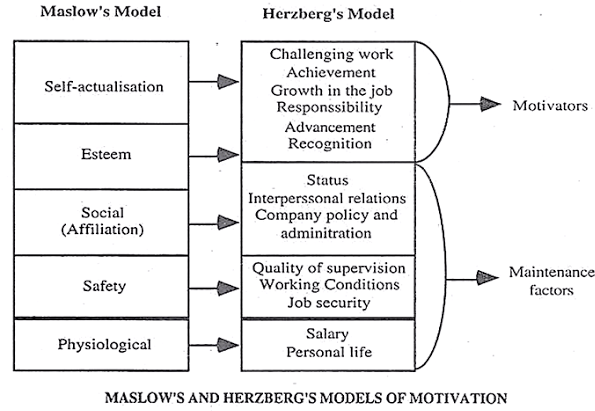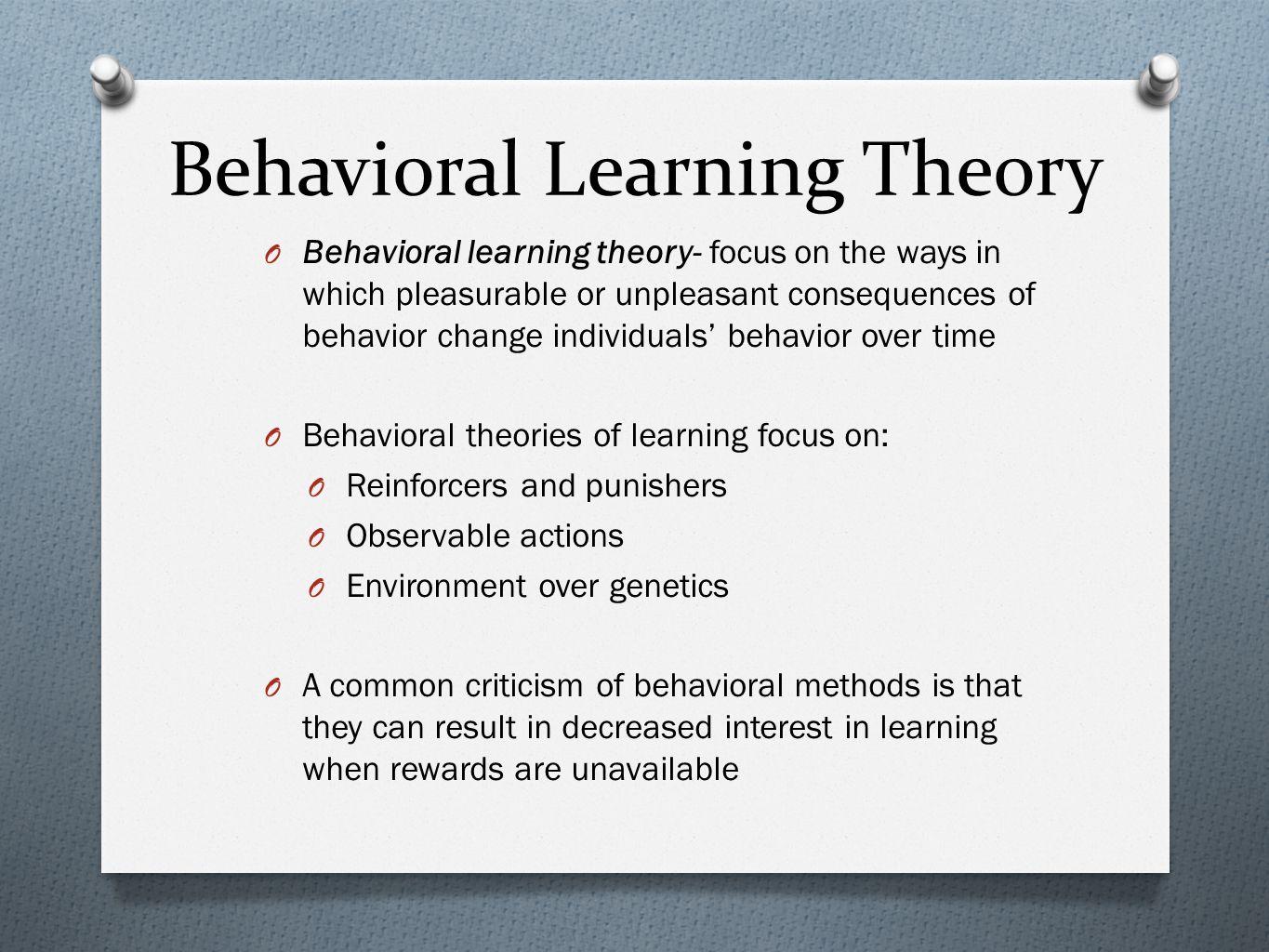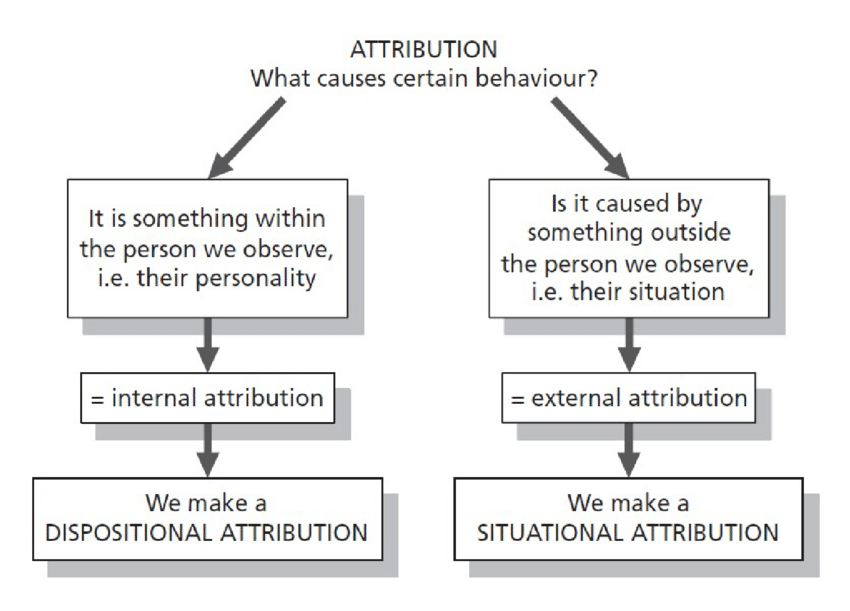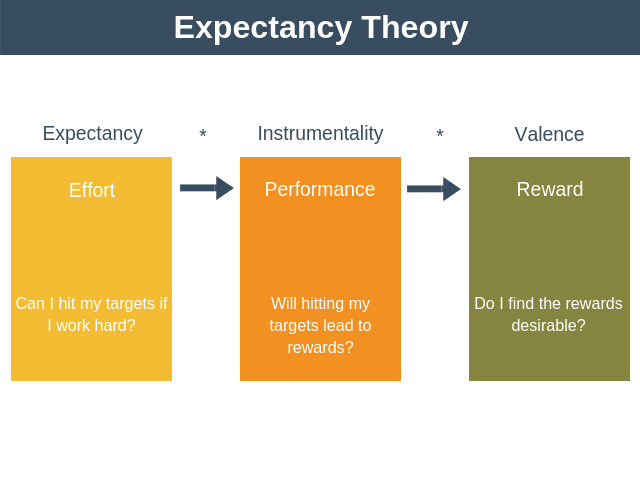Maslow Hierarchy of Needs
American psychologist Abraham Maslow wrote a paper titled “A Theory of Human Motivation,” which proposes human decisions are dependent on their psychological needs. Maslow outlined that there are five essential needs that do form the basis of human behavioral motivation. These needs are safety, self-actualization, love and belonging, self-esteem, and physiological conditions (Assous & Furman, 2021). Maslow’s theory represents the needs in a pyramid shape where the primary requirement is at the bottom, and the essential condition is at the top. The theory tries to explain the job satisfaction of individuals, thus, apart from the basic core needs such as food, clothes, and shelter, teachers also require appreciation and acknowledgment from parents and students.
Physiological Needs
It is the first basic need that is presented at the bottom of the pyramid. These most basic human needs survival include water and food, health, shelter, and sufficient rest. Maslow addresses that the fulfillment of these needs should be before a human move to the next level.
Safety Needs
The need comes second after the physiological conditions. It addresses human safety from an angle of theft, violence protection, emotional stability, health security, and financial well-being.
Love and Belonging Needs
It is the third last basic need in the pyramid from the bottom. The demand at this level is on the social need that interrelates to human interaction. The requirements include family and friendship bonds, physical and emotional intimacy ranging from intimate to sexual relationships, and membership to social groups.
Esteem Needs
The higher needs begin with the esteem need, which is the ego-driven need, while the primary elements are confidence and dignity. Maslow addresses that the division of the esteem needs is into two, where the regard can be the basis of a person’s self-assessment and individual acknowledgment and respect from others.
Self -Actualization Needs
Self-actualization is related to fulfilling one’s full potential; this is the fifth level’s highest need. The demands in self-discovery include education, skill development basically on talents such as cooking and gardening, taking care of other people, and having broader goals such as learning a new language.

Behavioral Learning Theory
The idea is a popular concept that focuses on how students are actively involved in learning. The thesis outlines that a person’s behaviors are learned through their essential interaction with their environment and that inherited factors insignificantly affect their conduct. For instance, a behavior can include a teacher rewarding a student if they pass an exam. In the future, the student will work extremely hard to get the bonus. Thus, behaviorism can be described as a vital factor to educators because it impacts students’ behaviors in the classroom, and the teachers can directly influence their behaviors. The theory is also significant as it enables a teacher to understand a student’s home environment and lifestyle that can be impacting how they behave.

Attribution Theory
The theory was developed by Fritz Heider, who argues that external and external forces influence behavior. The idea assumes that people are prompt to discern their environment and the origin of particular occurrences (Van der Putten, 2017). Thus, if individuals understand this specific concept, they can control the series of future events. For instance, an individual may realize that performing well leads to reward, influencing their participation. The theory could be applied in an institution where students who excel in their studies are awarded.

Expectancy Theory
The theory by Victor Vroom suggests that antedate results or outcomes influence one’s behavior. Vroom proposes that an individual may act in a particular manner basis on the consequences of their chosen conduct (Kim & Kim, 2018). For instance, a person will work hard if they believe that their achievement will be reimbursed. The expectancy hypothesis has three constituents; that include valence, expectancy, and instrumentality. The application of the theory can be in a school where teachers understand how individuals can be motivated based on their behaviors. To enhance performance, facilities should use systems that tie rewards closely to their performance.

References
Assous, F., & Furman, Y. (2021). A hierarchy of reduced models to approximate Vlasov–Maxwell equations for slow time variations. Comptes Rendus. Mécanique, 348(12), 969-981. Web.
Kim, M., & Kim, S. (2018). Explaining the role of motivation in opposition to nuclear power energy – focusing on it (expectancy, instrumentality, and valence) in expectancy theory crisis and emergency management: Theory and Praxis, 14(11), 73-89. Web.
Van der Putten, S. (2017). A trace of motivational theory in education through attribution theory, self-worth theories, and self-determination theory SFU Educational Review, 10(1),1-12. Web.
